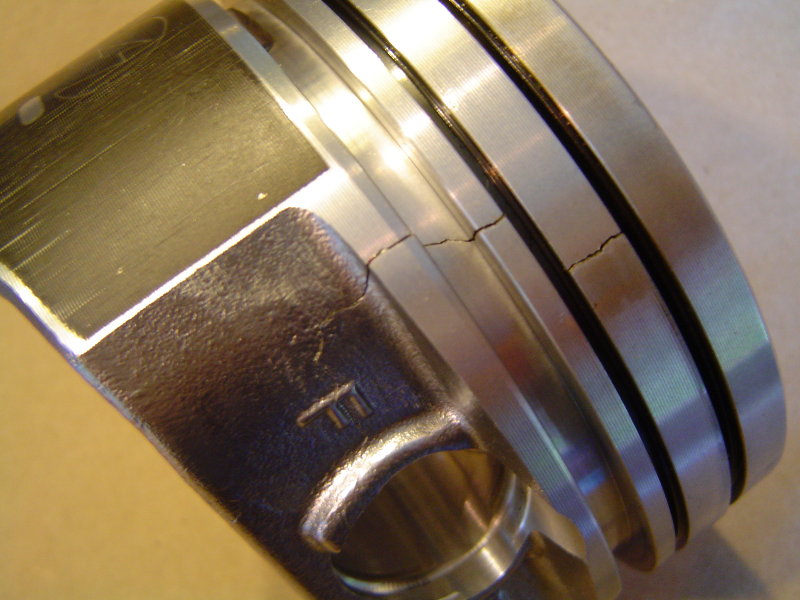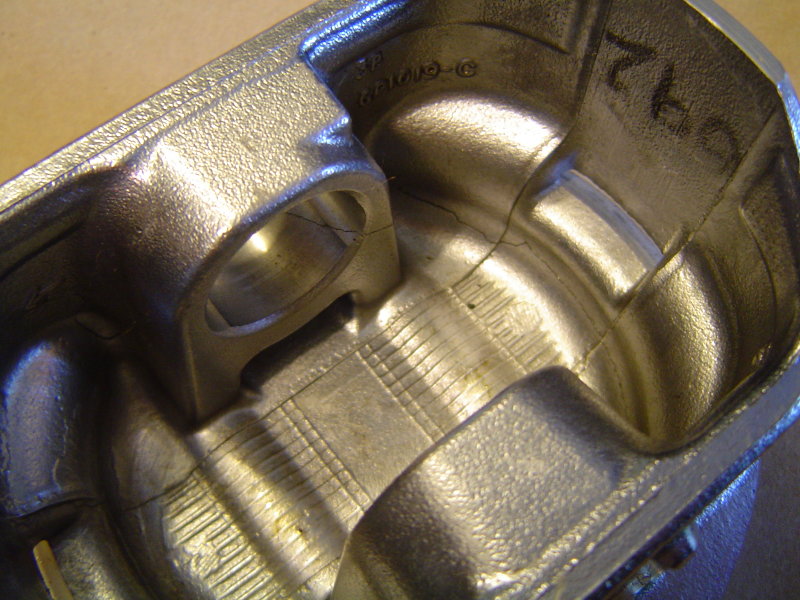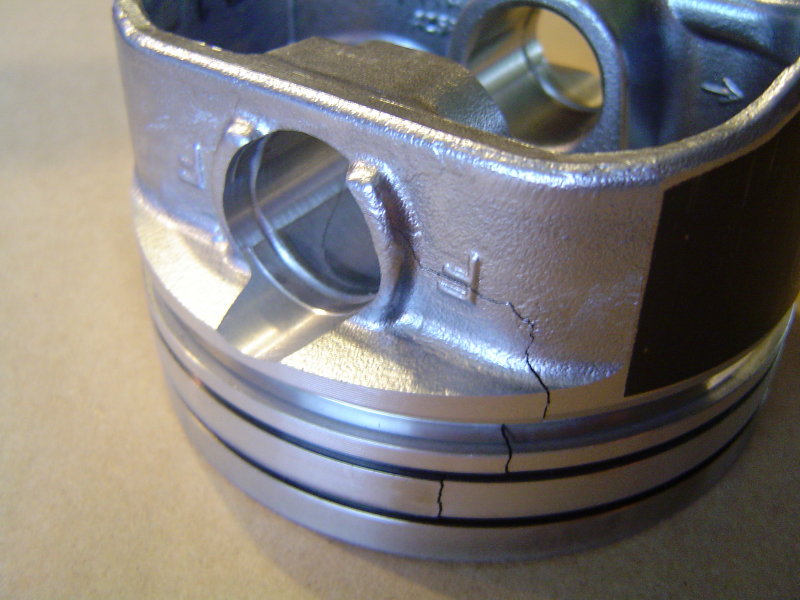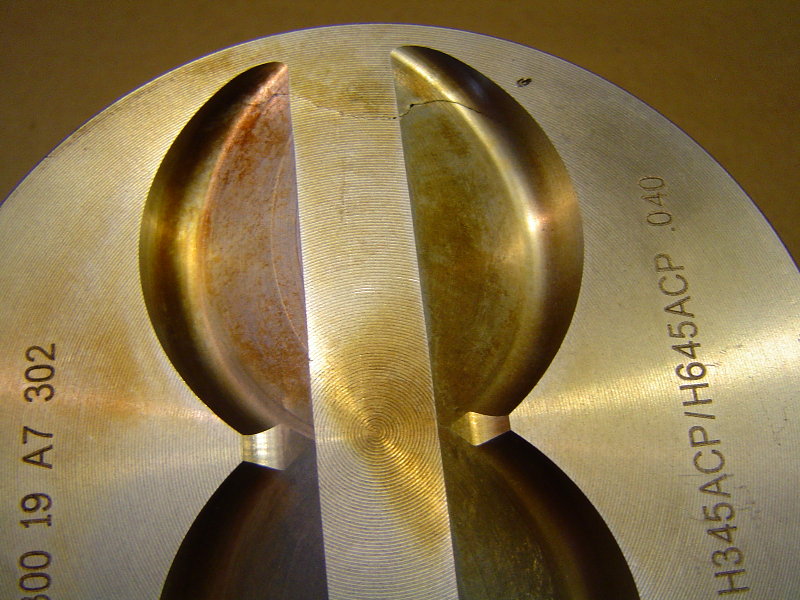I was running a Super Stock spec gapless ring package with 12lb oil rings in a street/strip engine that got a lot of street miles. The engine was built to use nitrous, so I went gapless to seal up the wide nitrous ring gaps during casual driving. The car did not have overdrive, so down the hiway it spun about 2500-2800 and went thru a qt of 5w20 in about 50 miles. I added an electric vac pump to the crankcase which helped a lot with oil consumption by drawing 4-5"Hg, but at full voltage it also drew a lot of power and I had one fail under continuous duty due to overheating an internal connection. I added a voltage dropping resistor to help, but the electric pump's vacuum dropped to about 2"Hg.
Then I got the idea to use a pcv valve to help the electric pump. The pcv drew 15"Hg down the highway, so after a while I just started leaving the electric pump off and relying on the pcv alone for vacuum. Crankcase vacuum basically tracks manifold vacuum, as it trends downward under load conditions like going up a hill, upward under lite load like going down a hill. The car currently has a Racepak logger with a crankcase vacuum sensor to monitor the system, it's made many backroad 1/8mi passes with the electric pump turned off and has never went into a positive crankcase pressure situation yet with the gapless rings.
Another point of interest when using the sealed pcv system is that since crankcase vacuum reflects manifold vacuum drawn thru an orifice, any loss of seal is easy to spot and a lower than normal crankcase vacuum reading will draw your attention. The first engine I did this to was running hyper pistons on 87 octane pump gas that also got sprayed. I was able to catch several different cases of a cracked hyper before they came apart because I noticed a drop in crankcase vacuum. It's not often you get to see a cracked hyper before it explodes, but the sealed pcv setup is pretty good at catching them...




Using the hypers in that build was just my personal insanity, seeing how far I could go using pistons that I could buy for less than $100/set off ebay. Nothing quite like putting $700 worth of rings/spacers/filler/etc on a $100 set of pistons! I eventually got et down to 5.73 (357cid/2525lbs) in the 1/8th on 87 octane, still got 20mpg driving it to the track.
Grant

